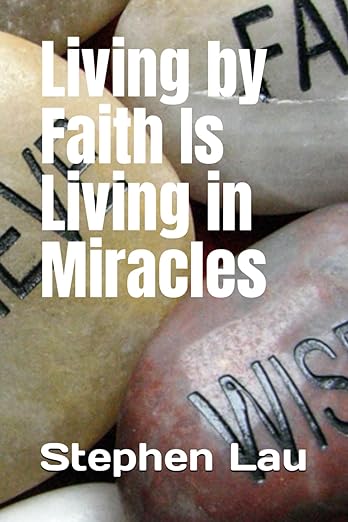Calling and life passions may play a pivotal role in the life and living of many while pursuing their careers and endeavors.
To many young adults, growing up is just all about success and failure—that also paradoxically defines the meaning of life for many of them. Unfortunately, in the pursuit of their careers, only some succeed, while many fail or simply fall short of their own expectations. With faith, you may see how your failure can transform your passion into something else that can ultimately change your life, making you more spiritual.
An Illustration
Shon Hopwood was a young man who had his passion for basketball, earning him a university scholarship. But a year later, when he realized that he was only mediocre and a failure in basketball, he soon became disillusioned and dropped out of his class.
Shon’s failure and frustration made him become involved in bank robberies in Nebraska that finally landed him in prison with his sentencing of 12 years.
While in prison, Hopwood became interested in the law, and began helping prison inmates write their petitions to the Supreme Court for legal justice and other legal matters.
In 2009, Hopwood was released from prison, and he continued his new passion and pursuit for law and order. In 2015, he became a licensed attorney. As a criminal justice advocate, Hopwood had written much more about the need for federal sentencing and prison reform.
Hopwood eventually became a prominent law professor at Georgetown University of Law.
Living by faith: God always helps believers set their life goals and overcome their setbacks in their careers. For those unbelievers living in the flesh, they always see the world out there as a projection of what they feel deep inside themselves, as well as a reflection of their own inherent desires for success and wealth that seldom come true, giving them attachments to evils and wrongdoings.
Stephen Lau
Living By Faith Is Living In Miracles


